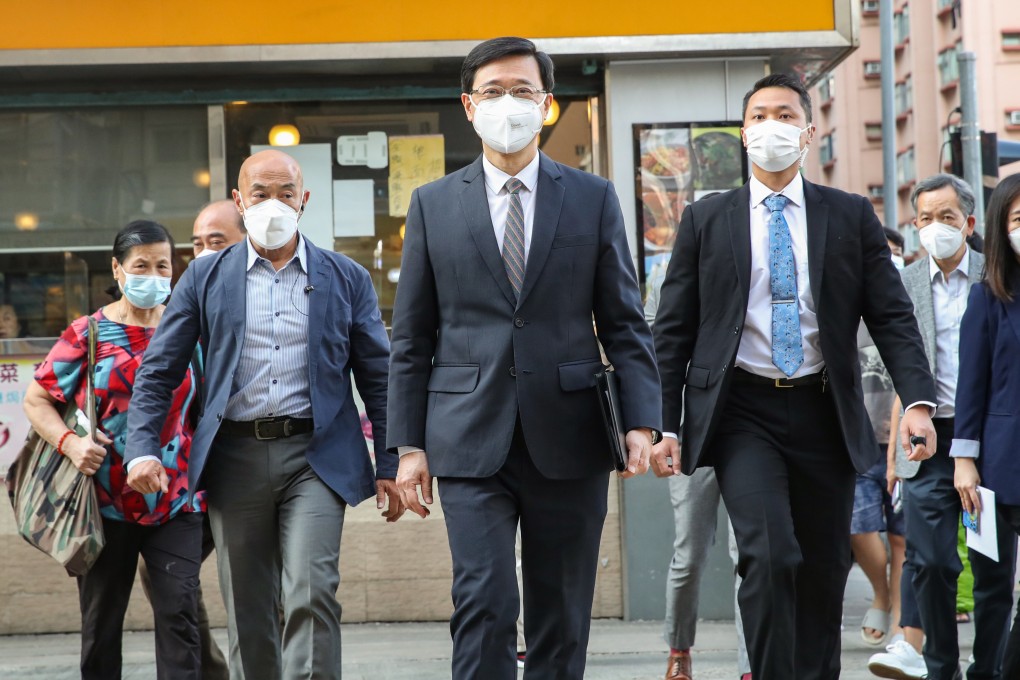Advertisement
Opinion | How to get Hong Kong fully behind Article 23 national security legislation
- It is important to learn from past failures so we not only succeed this time, but do so in a way that helps to ease, rather than exacerbate, tensions
- Above all, we must avoid the temptation to do a quick patch-up job and instead draft a comprehensive bill while giving Legco and the public time to scrutinise it
Reading Time:3 minutes
Why you can trust SCMP
8

Before the end of the year, Hong Kong will finally get its own national security legislation as required by Article 23 of the Basic Law. In his election campaign, which has fast turned into a triumphant procession, the sole Beijing-approved candidate, John Lee Ka-chiu, agreed in response to media questions that it would be “one of” his priorities, though he was careful not to say it would be the only or main one.
Given a supportive legislature, our fifth chief executive is sure to succeed where the first failed and numbers two, three and four opted not to try. In the past 12 years, I have written four times about this subject. From that perspective, and from my observations of how we failed in 2003, I would like to offer some advice on how best to proceed.
It is important to learn from the past so we not only succeed this time, but do so in a way that helps to ease, rather than exacerbate, tensions. Sometimes, process is as important as content.
Advertisement
First, Lee needs to decide if the legislation should cover all seven areas laid down in Article 23, or only those not covered by the 2020 national security law. In my view, it is essential that the draft legislation presented to the Legislative Council be comprehensive and do everything specified in the Basic Law.
To do otherwise – a quick patch-up job to cover only the areas left out in the national security law – would risk making our new law a permanent memorial of our failure, for 25 years, to perform a simple task. Far better to do the whole thing in one go and complete our constitutional duty.
Advertisement
The second potential pitfall concerns speed. All 90 of our elected legislators are confirmed patriots, and 89 are associated with pro-government parties. The temptation must be to slap the draft on the Legco table and urge a quick vote.
Advertisement
Select Voice
Choose your listening speed
Get through articles 2x faster
1.25x
250 WPM
Slow
Average
Fast
1.25x
